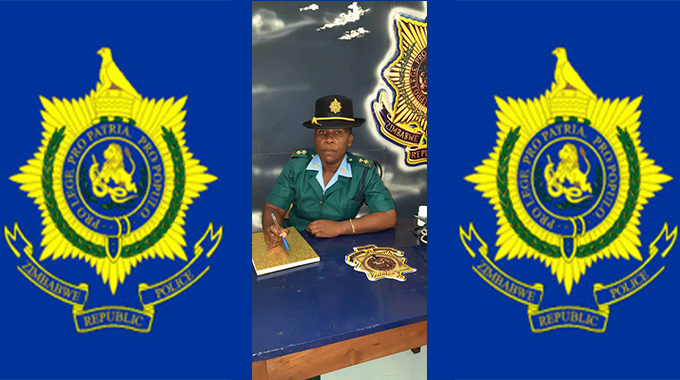Government committed to universal access to health

Thandeka Moyo-Ndlovu, [email protected]
GOVERNMENT has since 1980 invested a lot in terms of improving healthcare as evidenced by the massive transformation of the country’s health sector which has seen the refurbishment of major hospitals and construction of new health facilities
One of the major milestones is the construction of the first-ever Lupane Provincial Hospital in Matabeleland North.
As part of the universal health coverage being championed by the Second Republic, specialist diagnostic equipment has been availed in public hospitals.
The 250-bed hospital in Lupane is expected to ease pressure on referral hospitals such as Mpilo Central Hospital and United Bulawayo Hospitals (UBH) which also serve the country’s southern region.
Upon its completion, the hospital will train health specialists, a boost for the country in terms of the availability of quality health services. To underline the work that has been done at the hospital, it will also be the first health institution in the country to accommodate all its health personnel on site.

The completion of the giant health institution will bring relief to people in the largely rural province who rely on privately run St Luke’s Hospital for specialist services.
Matabeleland North Provincial Affairs and Devolution Minister Richard Moyo said the country has since independence recorded several milestones in the health sector.
“Independence ushered in a lot of development spearheaded by the Government, especially to people in Matabeleland. Of note are the infrastructure development projects, which include the provincial hospital in Lupane, which will go a long way in addressing challenges faced by locals in terms of access to quality healthcare,” he said.
Lupane is a rural semi-arid area with a growing population and some infrastructural expansion after it was accorded the capital status of the province in 1999.
However, under the Second Republic, Lupane has recorded transformative growth that has seen the implementation of new infrastructural projects in addition to existing ones, which had stalled for years due to a lack of funding.
“There is tremendous progress and I am glad to say that the pharmacy, casualty department, storeroom, and staff quarters have been completed under the first phase. So massive is the project that we will have to open it in phases,” said Minister Moyo.
“By the end of this year, we hope to open the first phase and I do not doubt that people from this province will enjoy specialist services from a public institution for the first time in the history of Zimbabwe.”
Government has also worked flat out to improve access to healthcare at Mpilo and UBH by securing state-of-the-art equipment to enhance services for members of the public.
Of note is the state-of-the-art medical laboratory at UBH which is expected to go a long way in improving the health delivery system and easing the burden on patients who were referred to private laboratories, which charge exorbitant fees.
Government has also secured a state-of-the-art magnetic resonance imaging (MRI) scan at Mpilo.
MRI scanning creates images of the body using a large magnet and radio waves and comes with several advantages compared to CT scans as it is less harmful to patients and provides clearer depictions, which lead to the correct diagnosis.

Bulawayo provincial medical director, Dr Maphios Siamuchembu, said the country’s Independence also brought hope to formerly marginalised communities who lacked access to quality social services.
He said while the colonial government discriminated against the black majority, the Government changed the narrative by continuously investing in social services.
“I was born six months before Independence and I am told that before we were liberated, black people were discriminated.
“White people considered themselves superior to us such that they deprived us of quality social and healthcare services,” said Dr Siamuchembu.
“Post-independence, the Government has tirelessly worked on expanding these services, especially in education and healthcare which saw people like us from previously marginalised communities in Binga becoming medical doctors.”

Dr Siamuchembu said Bulawayo province has benefited greatly from Government projects being implemented at Mpilo and UBH.
“Mpilo and UBH have continuously been upgrading services thanks to the Government’s commitment to improve access to health care. Recently, we witnessed the upgrading of staff quarters at Mpilo and we are currently building more to ensure our healthcare workers have decent accommodation,” he said
“We also witnessed the installation of an MRI scan which brought relief to thousands of people who will now access the scan from a public hospital.”
Dr Siamuchembu as the country commemorates 44 years of independence, Zimbabweans should reflect on milestones achieved in terms of access to basic social services.

He said at Mpilo there were renovations at the National TB Laboratory.
“At UBH, we have the massive laboratory being constructed and recently we saw the launch of the endoscopy unit and the quality surgery unit services being offered at Arundel which is within the hospital,” said Dr Siamuchembu.
“Besides these two hospitals, we have a new healthcare centre in Cowdray Park. Members of the public can approach our offices with ideas on how we can best avail healthcare services for our people.”












Comments